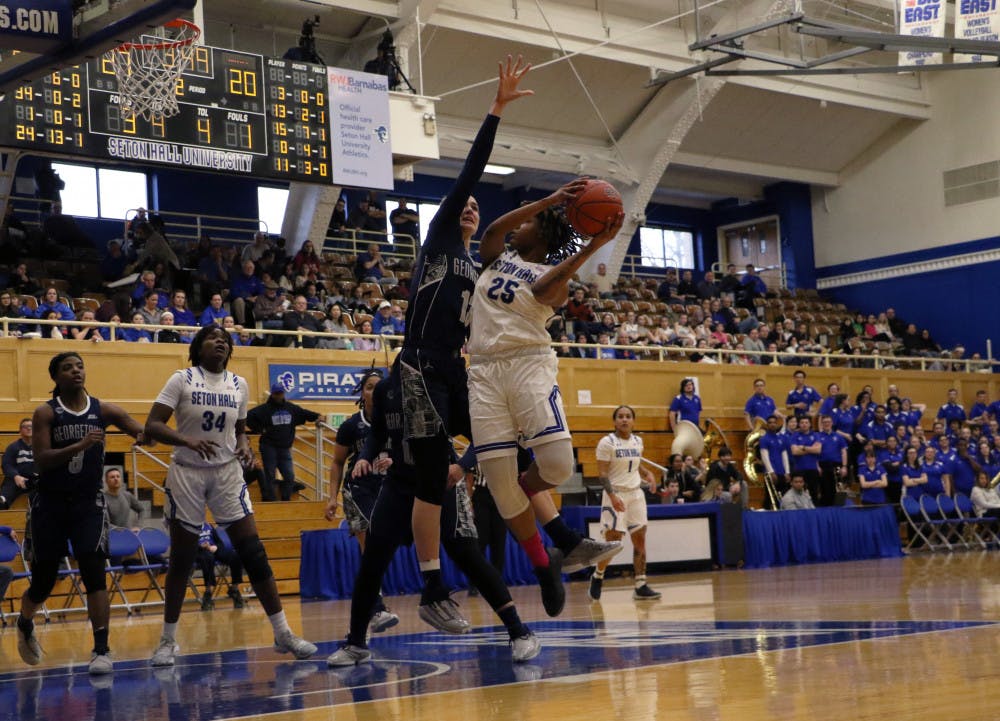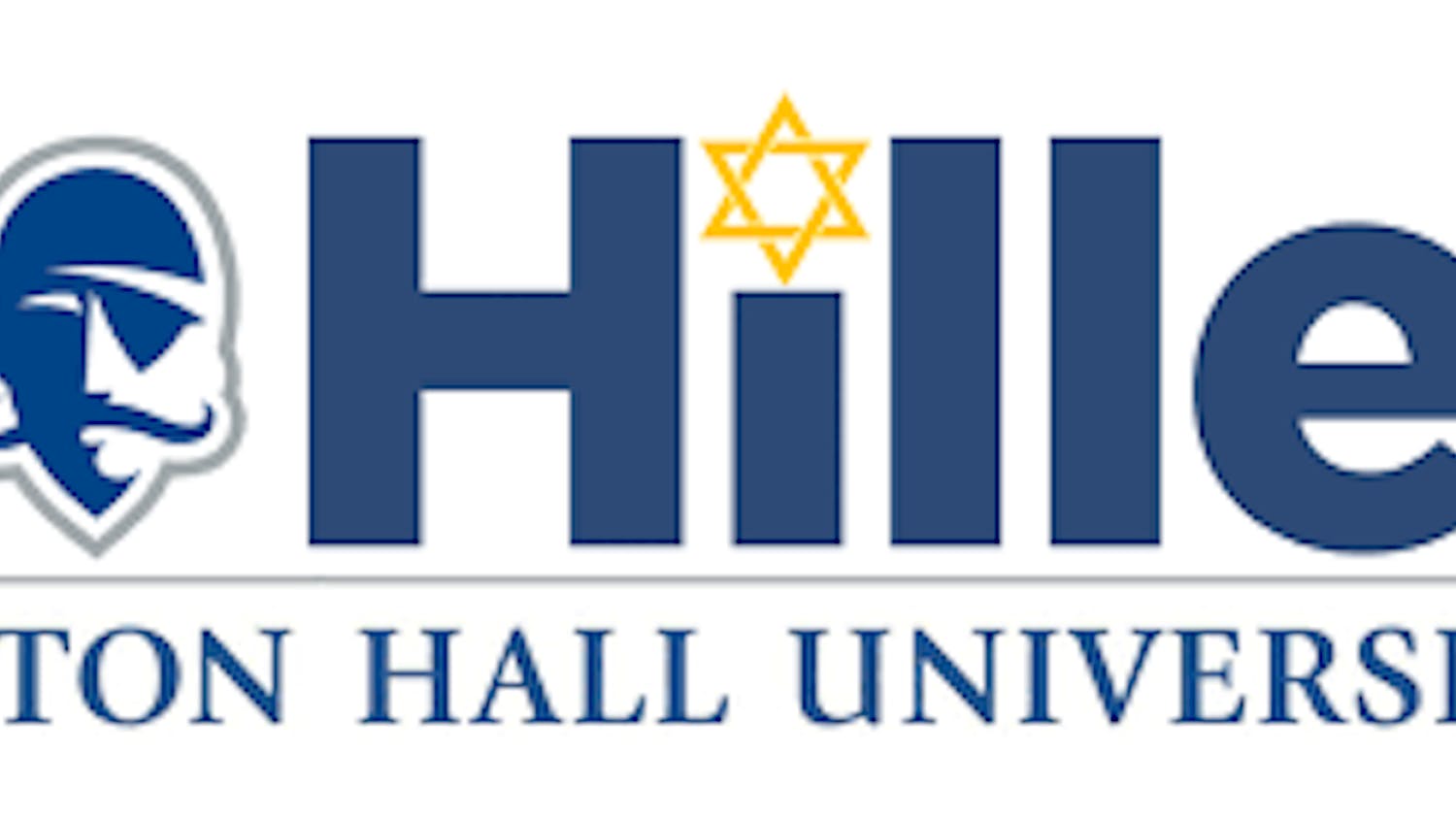
Photo courtesy of Omid Irani
Omid Irani, a senior, will be graduating this semester as the first Seton Hall student to declare Seton Hall’s new Middle Eastern studies minor. This 18-credit multidisciplinary program, a joint effort between the departments of history, religious studies, political science and the School of Diplomacy, was a seed of an idea in 2009.
Following the support of the last and current deans of the College of Arts and Sciences, who both expressed their support for such development, an application was made and the program was approved. Students were able to declare a Middle Eastern studies minor as of this semester.
Dr. Murat Menguc, director of the Middle Eastern studies program and professor in the Department of History, said there were at least three other students looking to declare a Middle Eastern studies minor by the end of the semester.
“This program was in essence a reorganization of the existing features of the University. In other words, we didn’t have to invent anything, but organize what we had to offer our students something that could help them focus their careers on,” said Dr. Menguc, writing in an email.
Irani, a senior with a political science major and a minor in history as well as Middle Eastern studies, has lived in New Jersey for most of his life. He chose Seton Hall because of its prestige and national name and hopes to pursue a career in law.
“This trio of academic concentrations, in my estimation, complement one another greatly, especially in today’s fluid international dynamics, and have helped advance my knowledge about a variety of topics, all of which I can draw on in my future pursuit of law practice,” said Irani, in an email.
On choosing to pursue the new minor, he draws on his Middle Eastern descent; both of his parents were born in Iran.
He said: “I have long had an interest in the Middle East as it is the land of my ancestors. Knowing this, I always tried to take as many courses in Middle Eastern related topics as I could throughout my undergraduate years, however, unfortunately, there just weren’t many options in this field. As fate would have it though, during a talk with Dr. Menguc, one of my history professors, last semester, he mentioned to me that such a program was being inaugurated this semester for the first time and highly recommended I enroll in it.”
Dr. Menguc said he noticed a demand for a program like this since its inception.
He said: “Seton Hall students always showed interest in Middle East as a subject. In fact, I never had to promote a class to receive more than enough students to run it. This suggested that at least in terms of history we had a viable constituency. I heard similar views from other departments and schools as well.”
“It was already in the talks back when I was first hired in 2009,” said Dr. Menguc. “In 2011, I became a tenure track professor and it became my dream.”
In helping to realize this program, Dr. Menguc cites coordination between faculty, who are very busy, as the biggest challenge he faced.
“Perhaps the biggest challenge was keeping all those who were involved in the loop,” he said. “Most of the time they are considered leisurely individuals settled on a sofa reading yet another book, but thinking and articulating knowledge takes serious time. I think bringing them together and forming a body of decision-making with them requires good organizational skills.”
Dr. Menguc mentioned that he had to propose several new classes on the history of the Middle East and North Africa in the History department, but “these courses were going to be developed in any event.”
Irani acknowledged there will be “growing pains” in any new program, but he said if he could recommend any points of improvement for the future, “it would to be to introduce an even wider array of courses on the Middle East for the students and hire professors who are actually from the region to teach such courses as they have lived and breathed the material found in the textbooks as opposed to learning them for the purposes of merely teaching students.”
Dr. Menguc advises students, “towards the end of your sophomore year, start thinking about a minor. Focus on what you love and enjoy. If Middle East is one of them, come talk to me!”
Emily Balan can be reached at emily.balan@student.shu.edu.





